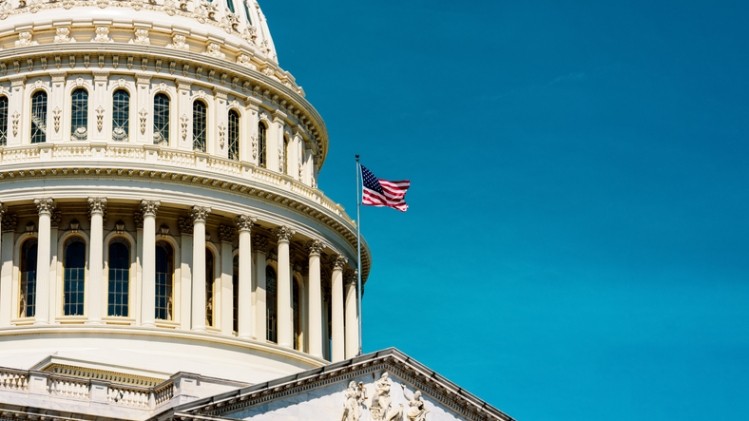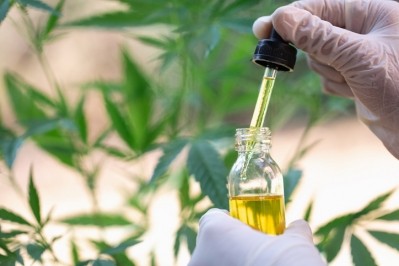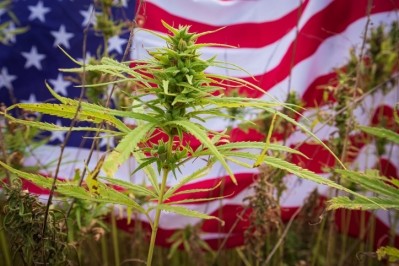NPA urges FDA to stem tide of counterfeit products, move forward on CBD

NPA sent a letter to new members of Congress this week asking that they consider joining the Dietary Supplements Caucus. Part of the letter addressed what the organization believes to be the most pressing concerns, that being the continuing limbo of CBD regulations as well as the potentially fraudulent products coming in from overseas.
“We recognize the historical challenges policymakers are facing during the pandemic. However, the COVID-19 crisis should not preclude the FDA from executing its important responsibilities in other areas,” said Daniel Fabricant, PhD, NPA’s president and CEO.
Flood of counterfeits
Fabricant said among NPA’s prime concerns are the flood of products entering the country that contain ingredients that lack New Dietary Ingredient Notifications. In some cases, these are counterfeit products containing ingredients that trade on existing NDIs filed by other companies while in other cases they contain new ingredients for which no safety information is publicly available.
Fabricant said it has been a cause of concern for some time that FDA has not more vigorously used existing authorities to stem the flow of these kinds of products.
“It’s an important issue. Why aren’t we stronger on the borders where we have the authority? Critics will say this is an unregulated industry, but actually the authorities that FDA has on the food side for mandatory recall and administrative detention are stronger than for drugs,” he said.
Fabricant said during his time as head of the Office of Dietary Supplements at FDA he used the mandatory recall authority to remove quickly remove products that contained aegeline form the market. The ingredient had been implicated in a rash of liver injury cases in Hawaii.
“I’m scratching my head about why this isn’t used more often. Whenever you ask someone at FDA about it they get defensive,” he said.
Continuing push on CBD
On the CBD front, Fabricant said it’s high time for some progress on a new regulatory structure. It has been more than 18 months since FDA convened a high profile public meeting on the subject. In the wake of that meeting Agency officials said a decision on the new regulations would come “soon.”
While FDA sources have been mostly mum on what the major sticking points are for developing the new framework, concern seems to center on possible safety issues as well as how to differentiate CBD supplements and other similar products derived from hemp and the drug forms that are already in the market.
Fabricant said FDA is capable of moving quickly when there is an obvious overriding public health concern, as was the case with the Oxy Elite Pro liver injury issue in Hawaii. Whether it will move at all on CBD any time soon remains the question.
“The scariest part is that I don’t think anybody has any idea what the plant for CBD is,” Fabricant said. “The governments of other countries are going ahead. US state governments have gone ahead.”
Fabricant cited as a developing complicating factor are the new cannabinoids that are entering the market. In addition, a number of new fermentation technologies are coming to the fore for the production of different cannabinoids as well as increasing manufacturing capacity for producing highly pure CBD isolates.
Opportunity for more engagement with lawmakers
On the caucus front Fabricant said there is unique chance for increased engagement from legislators on dietary supplement issues in the midst of the pandemic.
“Coming out of COVID and the role that supplementation has played there is an opportunity. North of 70% of the country was using supplements in the part year to actively maintain their health. We could start a dialogue by asking legislators how many of them are taking vitamin D? Every study we see shows there is an implication for vitamin D levels and a lot of the complications of COVID-19,” he said.








